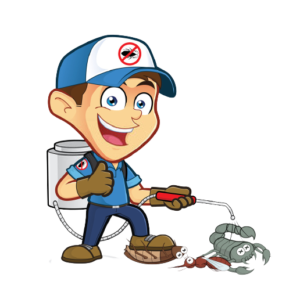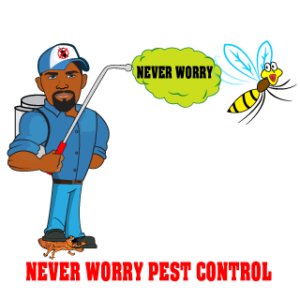BedBugs

 Did you know the first mention of bed bugs was during the 13th century in France? Bedbugs are an insect that feed on human and or animal blood to survive. Their usual feeding schedule is nighttime or when an individual is sleep. A bed bug is described as a reddish brown, flat oval shaped bug about the size of an apple seed. All it takes to develop a bed bug infestation is for one bed bug to come home with you. Bed bugs doesn’t necessarily attack only your bedroom, the infestation can be extended to the other rooms in your home and or office as well. Once a female bedbug has had at least one feeding of blood, she can then produce up to 10 eggs per day for 9-10 days. Each egg is about the size of a speck of dust. Once these eggs develop and hatch, they then hide in the cracks and crevices of your bed, headboards, box springs and bed frames. If for whatever reason you do not have an actual bed, then will hide in-between the cracks and crevices or whatever it is that you sleep on i.e., sofa, chair. If it, it nothing easy for them to get in between there is a chance you can find them under baseboards, inside the crevices of lamp shades and picture frames.
Did you know the first mention of bed bugs was during the 13th century in France? Bedbugs are an insect that feed on human and or animal blood to survive. Their usual feeding schedule is nighttime or when an individual is sleep. A bed bug is described as a reddish brown, flat oval shaped bug about the size of an apple seed. All it takes to develop a bed bug infestation is for one bed bug to come home with you. Bed bugs doesn’t necessarily attack only your bedroom, the infestation can be extended to the other rooms in your home and or office as well. Once a female bedbug has had at least one feeding of blood, she can then produce up to 10 eggs per day for 9-10 days. Each egg is about the size of a speck of dust. Once these eggs develop and hatch, they then hide in the cracks and crevices of your bed, headboards, box springs and bed frames. If for whatever reason you do not have an actual bed, then will hide in-between the cracks and crevices or whatever it is that you sleep on i.e., sofa, chair. If it, it nothing easy for them to get in between there is a chance you can find them under baseboards, inside the crevices of lamp shades and picture frames.
If you have a bed bug infestation, it is best to find it early, before the infestation spreads.
Fun Facts:
- The reason their feeding schedule is at night because our bodies give off a special pheromone that alerts the bug and let them know we are sleep
- If you throw out all your furniture and replace with brand new furniture without having the bed bug infestation properly treated, the bedbugs will hide inside of socket voids, under baseboards and other tightly knit crevices and re-infest your new furniture
- Sometime hotels have bedbugs and don’t find out until a customer complains of bite marks
- Bed bugs are hitchhikers and will travel with you to other places, in return they will crawl off you and crawl onto some one or someone else’s property
- Fleas, Carpet beetles, booklice, bat bugs and spider beetles are sometimes mistaken for bedbugs
- If you work overnights and sleep more during the day, this is when the bed bugs will come out
- Once your sleep one bed bug may suck on your skin until they are full, which can be anywhere from 2-10 minutes
- Bed bug bites don’t hurt but after the bite there will be a lot of itching
Fun Facts:
- To prevent infestation, maintain high standards of housekeeping and hygiene
- Cracks and crevices should be sealed so that the bedbugs are denied places to hide and breed
- For bad infestations, bedding and mattresses should be thoroughly aired before they are re-used.
- Off-the- shelf DIY solutions such as insecticide sprays to be applied at affected areas
